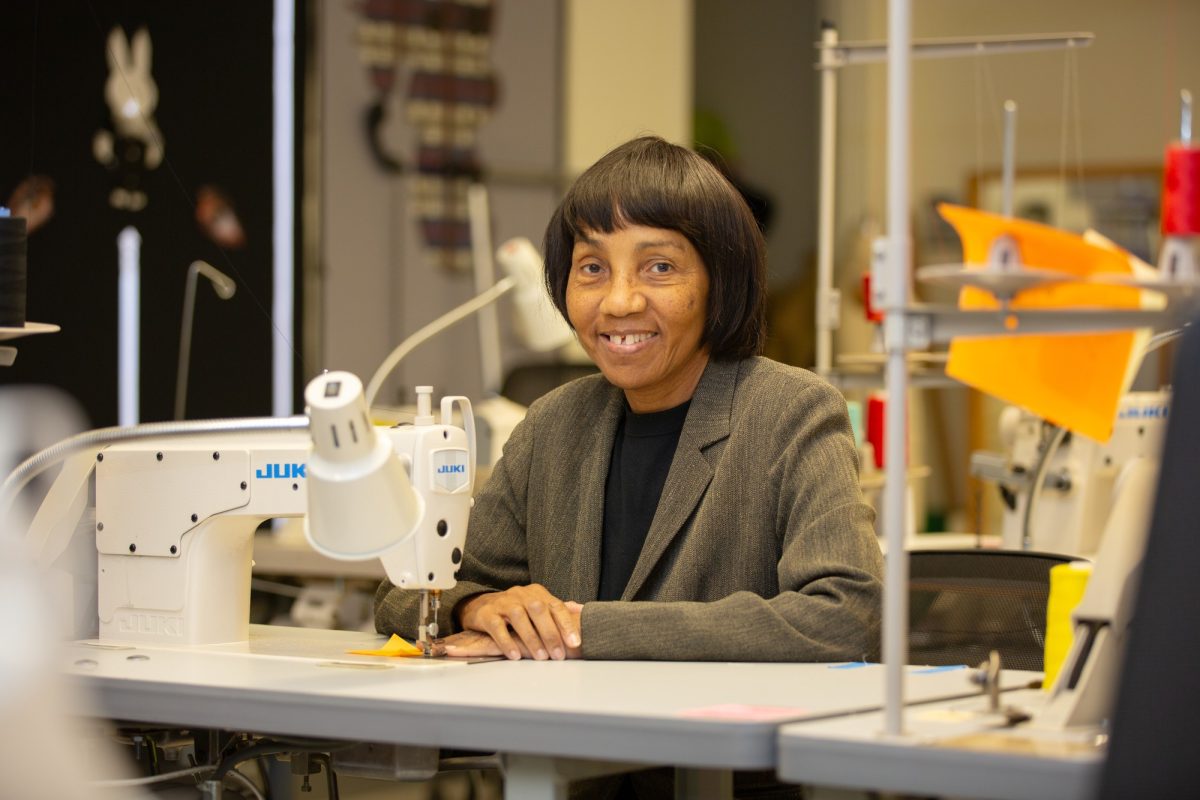200 million.
That’s how many people now have a Facebook.
It’s a staggering number, considering it’s almost two-thirds of the population of America.
“Facebook is an example of how technology influences the way in which we interact. It’s a technological change that is not going to go away,” Professor of Sociology, Sue Dowden, said. Indeed, Facebook has been a part of the social networking revolution that includes MySpace, Twitter, and even YouTube.
“Facebook is a reflection of the oldest and most universal and most enduring need that humans have, which is connection with others. I think it’s a way that we can realize that connection without having to go out and make new friends or go to bars or be nervous and it’s really away that you can be connected, safely, conveniently, and comfortably, from your home. It isn’t as full a connection as being able to sit together, read body language, but better some connection than none,” Journalism Professor, Kate McLaughlin said.
McLaughlin, who has a Facebook page, says facebook is a generally positive thing for her, since it helps her organize different aspects of her life, get in touch with old friends, old students, and keep tabs on her nephews, which she admits is akin to spying on them.
Not everyone has such a positive outlook on facebook though. Ben Sin, 20, Physical Therapy Major, is one such person.
“I can see the positives, but I think facebook has a more negative than positive impact on our society. There are just way too many people who are addicted to it. And that’s why I don’t have a facebook, because I don’t know whether I’d get addicted to it or not, and I don’t really think I need it too much to begin with.”
Of course, there are also those who don’t really see anything wrong with Facebook.
“Social networking sites entertain us when life gets boring. Sure, there are sexual predators and privacy issues, but Facebook is a way to socialize, to meet new people, make new friends, form new relationships, and open to the door to many new things. I don’t really see any real negatives for people with facebook profiles.”
Some people think facebook has a net positive effect on society, some people think it has a net negative effect, but Dowden doesn’t think it’s that simple.
“I don’t see it as a big bad thing. There are negatives. But that’s true of any community we belong to. But if you think about it as not being any better or worse, just different, than the question becomes; what are the differences we have to work with? Facebook, Myspace, or twittering, are not bad in of themselves, what’s bad are behaviors, and the people who misbehave in any community.”
Once difference is simply how fast this type of community, this type of interaction, has sprung up. According to Dowden, when the printing press was invented, it had the same type of effect that the internet is now having, but at a much slower speed. The rapidity of change involved with the internet, and social networking, causes unknowns to develop within our rapidly changing society.
“We don’t know what the rules are, and we haven’t really cought up with what all the norms are that will guide this behavior, so we have a sense of culture lag. But as soon as we figure it out for facebook, twittering comes along,” Dowden said.
This culture lag presents serious challenges for psychologists and sociologists. And of course, as with any other thing enjoyed by millions, addiction becomes an issue.
“This is a whole new field of addiction. We are seeing people who cannot function without checking their facebook. But that person would have had the same problem with something else. So we have to learn how to deal with these addictions, go back to the core the issue, needy personalities, isolation. We are as a society, going to have to deal with this, but because it’s so new, we’re not there yet in how we deal with it.”



